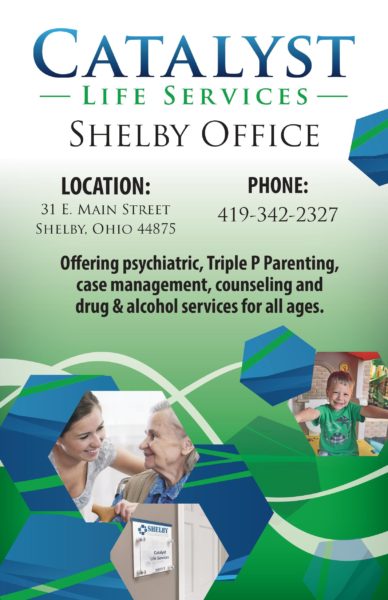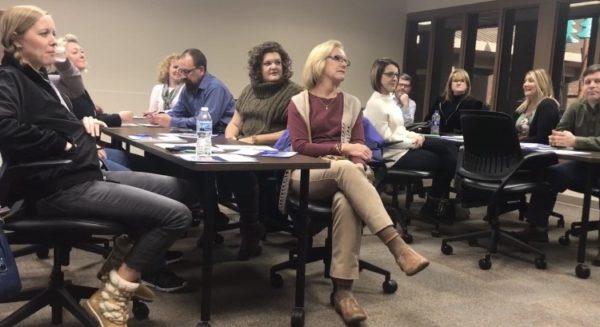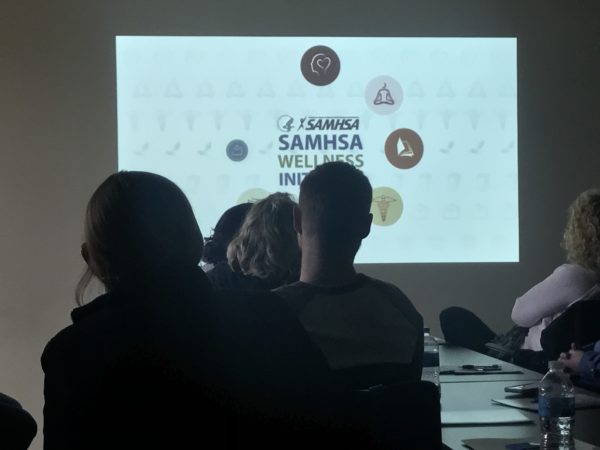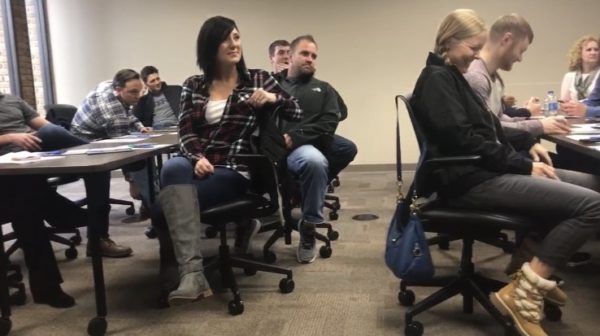This week, we celebrate the 3rd Anniversary of our Shelby office! Offering psychiatric, Triple P Parenting, case management, counseling and drug & alcohol services. For more information on our services offered at this location, please contact 419-342-2327.
Uncategorized
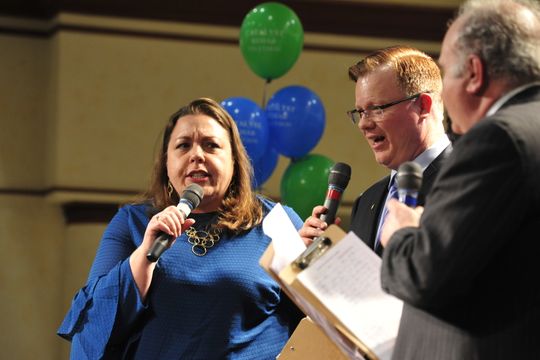 What does it take to pull off an all day Telethon full of live entertainment, rows of vendors, prizes,boisterous hosts and public guests? How do you encourage scores of people to donate their energy, talent, food and sponsorship to the tune of two million dollars over the course of 28 years? First, you have a remarkable community full of passionate individuals willing to put others’ needs ahead of their own. Then, you build a non-profit agency capable of affecting thousands of people’s lives through an array of mental health and well-being programs too broad to even list.
What does it take to pull off an all day Telethon full of live entertainment, rows of vendors, prizes,boisterous hosts and public guests? How do you encourage scores of people to donate their energy, talent, food and sponsorship to the tune of two million dollars over the course of 28 years? First, you have a remarkable community full of passionate individuals willing to put others’ needs ahead of their own. Then, you build a non-profit agency capable of affecting thousands of people’s lives through an array of mental health and well-being programs too broad to even list.
In short, you’re an organization like Catalyst.
In the beginning, the Telethon was known as “The Rehab Telethon.” First started by WMFD in 1992, its proceeds funded the operation of The Rehab Center which specialized in the rehabilitation of people with physical disabilities. Catalyst itself, is the 2010 merger of two previously well-known entities that served the community for over 65 years: The Center for Individual and Family Services and the aforementioned Rehab Center. It’s comprised of four major departments: Audiology and Deaf Services, Vocational Services, Mental Health and Crisis Services, and Addiction Services.
The Rehab Center is now the hub for Child and Adolescent Mental Health and Crisis Services, Audiology and the Community Center for the Deaf and Hard of Hearing, and the Vocational wing—which includes Progress Industries and Precise Services. Just up the street, is “The Center,” an expansive building housing Adult Mental Health and Crisis Services, The District V Forensic Diagnostic Center, residential programming, a stabilization unit, and outpatient drug and alcohol resources. It’s a complex of buildings wrapping their way along Sterkel Ave. that also includes New Beginnings Residential Treatment Center and will soon include the only Drug Withdrawal Management facility in all of Richland County.
But, what, exactly, is Catalyst?
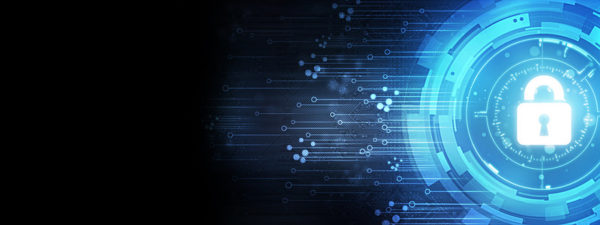
Social Engineering, in the context of Information Security, is the use of deception to manipulate individual for fraudulent purposes. With the rise of social media over the past several years, scammers and hackers are using psychological manipulation to receive personal or valuable information from vulnerable victims. Projections show that at least 2 billion people will use some form of social media in 2019 alone. Social engineering attacks can come in many forms and anyone could be a target, whether it be myself, an IT genius;), or the CEO of a Fortune 500 company. Here are a few examples of Social Engineering and how you can stay alert and ward off attacks now and in the future.
The holiday season is a wonderful time of family gatherings, parties, and programs. However, this time can be frustrating and even lonely for individuals with a hearing loss. Here are a few tips to help make the loveliest time of year inclusive for all.
- Get someone’s attention before trying to talk to them
- Make sure to be clear about the topic of the conversation before talking about the topic
- Maintain eye contact throughout the conversation
- Make sure to face the individual the entire conversation, don’t turn your face away when talking
- Be sure to not cover your mouth with your hands, coffee mug, etc.
- Avoid over exaggerating your mouth when you speak – this will make it more challenging to understand what you are saying
- Speak naturally – there is no need to yell because that just changes your mouth movements and therefore makes it harder to understand
- If the individual doesn’t understand what you said: don’t become frustrated or angry, don’t just brush it off by saying something like “never mind”, and don’t isolate the individual from future conversations. Instead, rephrase what you said to allow for another chance for understanding.
- Be sure to converse away from background noise
- Be sure to converse in an area with good lighting so your face can be seen
 Tanya Haga is the Director of Deaf Services and has worked at Catalyst Life Services since 2014 in this role. She has a Bachelor’s of Arts in American Sign Language Interpreting, a Master’s of Education and Master’s in Business Administration. She is also nationally certified by the Registry of Interpreters for the Deaf. Tanya’s responsibilities include management and oversight of interpreting, captioning, case management for clients with a hearing loss, sign language classes, summer youth program, and contract and grant projects.
Tanya Haga is the Director of Deaf Services and has worked at Catalyst Life Services since 2014 in this role. She has a Bachelor’s of Arts in American Sign Language Interpreting, a Master’s of Education and Master’s in Business Administration. She is also nationally certified by the Registry of Interpreters for the Deaf. Tanya’s responsibilities include management and oversight of interpreting, captioning, case management for clients with a hearing loss, sign language classes, summer youth program, and contract and grant projects.
This year’s Leadership Unlimited class visited Catalyst Life Services with the topic of Wellness! It was an impactful experience and Catalyst was able to share the variety of ways they offer support on an individual’s journey to Wellness.
Harry Donahue, CEO & President welcomed these leaders to Catalyst Life Services.
Mitch Jacobsen, Director of Vocational Services, provided the class with a tour of Progress Industries’ industrial workshop which employs individuals with disabilities and serves the manufacturing community of Richland County with cost-effective production solutions. Mitch discussed the importance of assisting individuals with barriers to employment and how our vocational department put over 500 people to work last year.
Laura Montgomery, VP of Human Resources and Housing Services, was able to speak about the Housing First Philosophy. Housing First is an approach that offers permanent, affordable housing for individuals and families experiencing homelessness, and then provides the supportive services and connections to the community-based supports people need to keep their housing and avoid returning to homelessness. For more information on Housing First: Click Here
Erin Schaefer, Director of Operations, and Elaine Surber, Associate Director and Director of New Beginnings Drug and Alcohol Services, were able to provide a demonstration on the 8 dimensions of wellness and how implementing the Eight Dimensions of Wellness part of daily life can improve mental and physical health for people with mental and/or substance use disorders. For more information on the eight dimensions of wellness: Click Here
No matter where you are in life, there’s always room for improvement. At Catalyst Life Services, we serve people at every stage of life. We work toward the total health of ALL the people in our region, in ALL parts of their lives: body, mind and spirit. We are an agent of change guiding the people we serve to lead more fulfilling lives.
Below is our success stories of an individual who has gone through all of Catalyst’s programs and his experience back to wellness.
